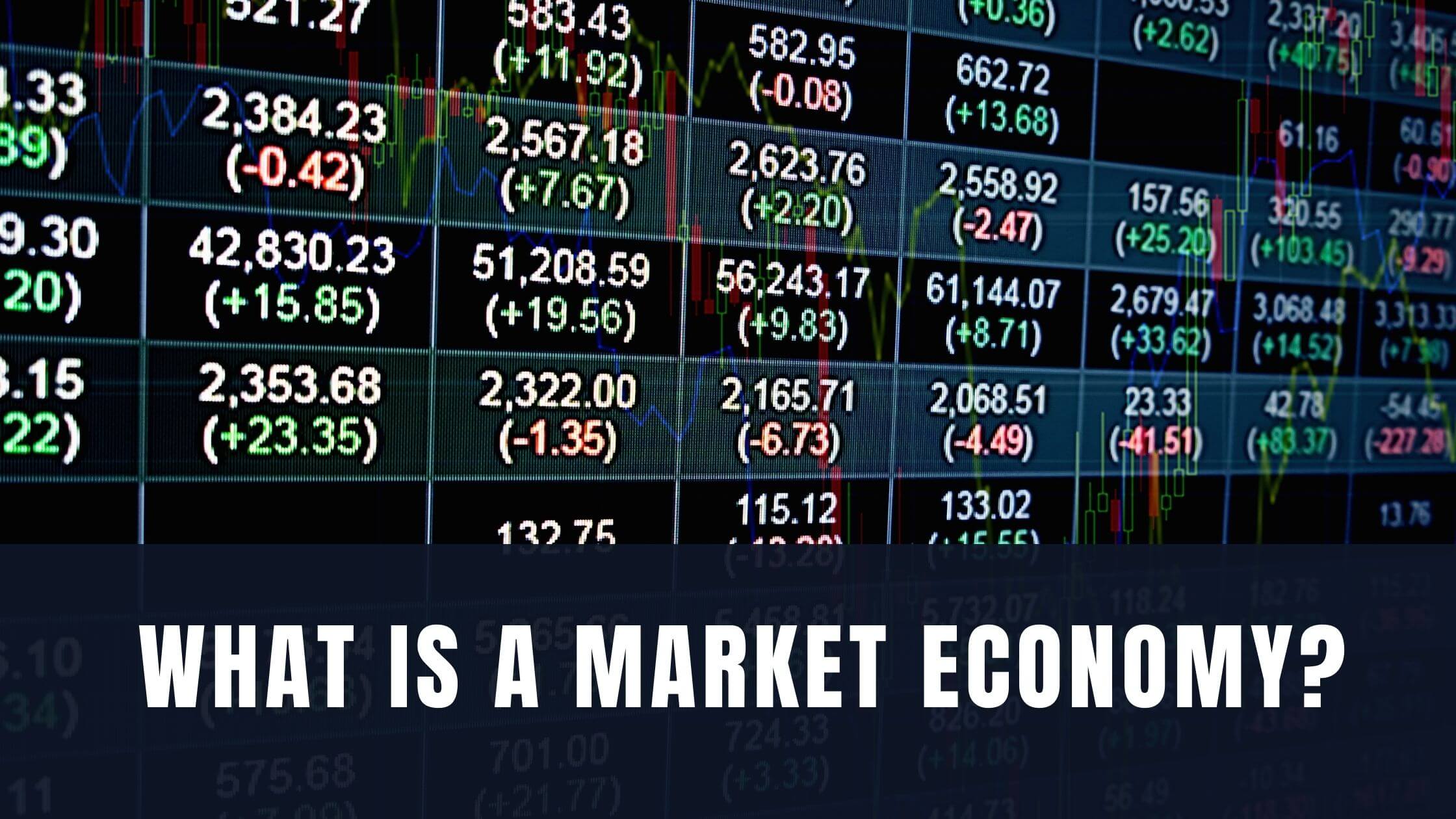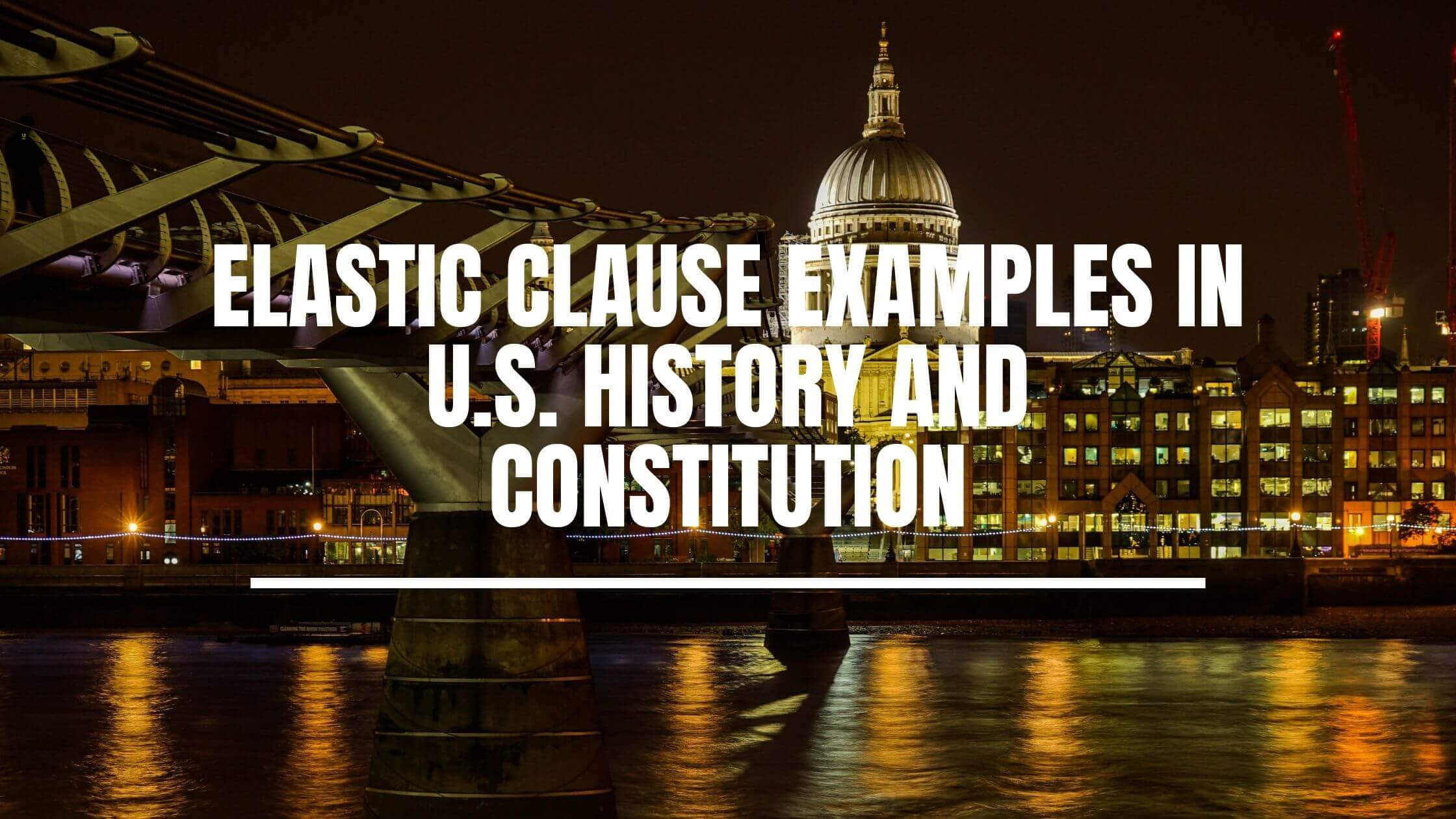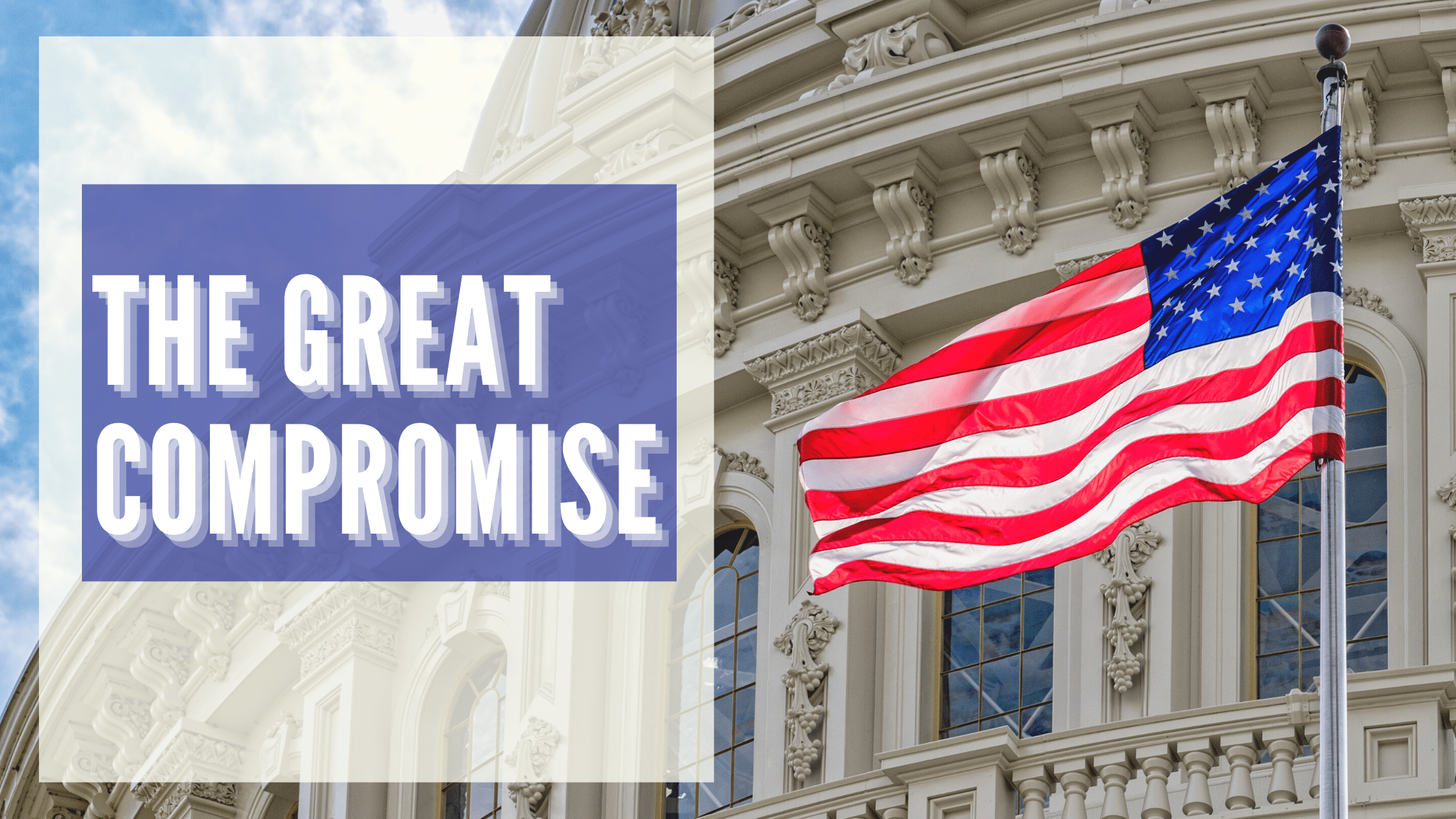Table of Contents
ToggleDefinition of a Market Economy
A market economy is one in which the laws of supply and demand direct the production and prices of goods and services, with little or no government interference.
Without a market economy, governments are in a position to control industry, fix prices and rents, or own land.
Proponents of free market systems argue that competition between businesses leads to innovation, an increasing standard of living, low prices, and high wages.
Believers in free markets say that government control of the economy does more harm than good.
How Does Government Intervention Cause Problems?
If a government limits rent prices, this could lead to a shortage of rental apartments as it reduces profit potential for the apartment owner.
Limiting certain goods’ prices is another example that could create shortages. Additionally, an excessively high minimum wage can lead to greater unemployment by placing an excessive financial burden on employers that they cannot meet.

Get Smarter on US News, History, and the Constitution
Join the thousands of fellow patriots who rely on our 5-minute newsletter to stay informed on the key events and trends that shaped our nation's past and continue to shape its present.
In Defense of Government Control
Those opposed to free markets defend the benefits of government intervention. They argue that businesses are too powerful and tend to exploit workers should the opportunity arise. They also claim that government control should improve the standard of living for less well-off people.
How Prices are Determined in a Market Economy
If there are no artificial forces setting prices, they are determined by supply and demand. When sufficient interest in the buying and selling of a product or service is reached, an equilibrium is met, where the price is low enough that consumers are willing to buy and high enough that suppliers are willing to sell.
The price will correct itself if the price is too low or too high for buying or selling. For example, if sellers set the prices of microwaves (or any other good or service) too high, demand will fall. This will force sellers to lower their prices in order to generate greater demand.
Conversely, market corrections can also raise the price of a good or service. For example, a substantial increase in demand for microwaves could leave suppliers suffering shortages. In a situation such as this, where there is scarcity, sellers can raise their prices.
The Market Usually Works Without Government Intervention
People who believe in market economies argue that the market self-corrects without government intervention. If something is not priced appropriately, the market will fix the problem, so the government should not step in and interfere.

If consumers want to buy more cars than are available on the market, the government should do nothing about it in a free market economy.
Free marketeers would argue that solutions abound in such a scenario. For instance, car companies could use this as an opportunity to hire more workers and build more cars, or cars could even be imported.
The government isn’t supposed to do anything about a shortage or an oversupply of anything. The natural laws of supply and demand will usually lead to reasonably fair prices, and if prices are unfair, the government will do more harm than good if they intervene.
The Free Market Determines Wages
The government does not determine wages in a free market economy, at least not for private-sector jobs. Workers will look for the highest salaries, and employers will try to find workers who don’t expect high wages.
Under free market economics, there is nothing unfair about trying to work for high wages or hiring for low wages. If employers insist on low pay, workers are free to leave, resulting in too few employees. If workers insist only on high-paying jobs, they may find themselves unemployed for too long.
Businesses Don’t Always Try to Minimize Wages
Since workers are free to work for companies that pay better, employers are not doing anything wrong when they hire for too little. Letting employers set their wages without government control doesn’t lead to low wages everywhere. Instead, employers sometimes offer higher-than-average pay to get better than average workers.
Critics of free market economies argue that businesses are too powerful and workers are too weak. Sometimes, employers will gradually lower wages and worsen working conditions without the workers being able to escape to better jobs.
For some, the threat of falling into poverty is never too far away in a free market economy, and those who are for or against the free market do not see eye-to-eye on whether free markets are good at preventing poverty.
The Free Market Encourages Competition
From its inception to its dissolution, the Soviet Union consistently failed to emulate the economy of the United States. The Soviets eventually abandoned communism in large part due to the lack of competition in their economy.
In the United States, businesses had to produce better, cheaper, more varied, and easier-to-use products every decade to keep up with competitors. The lack of competition in the USSR meant that its products lagged behind those of free market and mixed economies as there was less impetus for improvement.

Cars, for example, were superior and cheaper in the US but stagnated and remained unaffordable in the USSR. While there were plenty of outstanding Soviet inventions, the USSR still stagnated without business competition. Computers in the USSR, notably, fell far behind those produced elsewhere.
Weaknesses of the Soviet Economy
There was also very little consumer choice in the planned economy of the Soviet Union. While capitalism produced a good variety of products made by many different companies, there was little to choose from in the USSR. Under capitalism, companies quickly respond to increased consumer demand for a product. Producers did not know what consumers wanted in the USSR.
Soviet technology was not exactly poor. Many of the things the USSR produced were very durable and long-lasting. In the space race, they remained ahead of the US for a long time. However, the Cold War is still an example of a capitalist economy outperforming a communist one.
Free Market Economies are not Entirely Free.
Even in a free market economy, there still needs to be public roads and bridges, a police force, and other things that are funded by taxes. Schools and hospitals are usually financed from the public purse in a free market economy. The market does not determine the salaries of public sector workers.
A free market economy is a compromise between a completely free market where everything is private and a planned economy where the government directly controls the economy. People in free market economies still have to pay taxes, which pay for education, health care, the fire department, and so on.
Is the United States Economy too Free?
Many people argue that free market economies are not nearly free enough because the state is too large and taxes are too high. They seek a much smaller state with more limited government services. Taxes, some suggest, are so high that they harm the economy and prevent economic growth.
Others strongly disagree and want more wealth redistribution. Salaries have increased a great deal for the rich over the last few decades, but people have become poorer in many ways. They contend that the free market no longer improves each generation’s standard of living.
Critics of socialism claim that taxes are already high, not low, and raising taxes further would destroy the economy and hurt the standard of living for everyone. They also point out that governments print money, which raises prices for everyone.
Free Market Economies Motivate People to Produce Goods
In a free market economy, people are encouraged to produce goods for the sake of becoming rich. Everyone is free to produce goods as long as they have enough money to start a business.

This encourages people to start companies and produce better products. Free enterprise lets anyone that can run a business slightly better enter the market and start earning a lot of money. There might not be as much to gain in a planned economy by making slight improvements to the running of a factory.
Free Market Economies Defend Private Property
In a free market, nearly all of the land, factories, buildings, mines, and farms are owned by private individuals. They can sell their farm and buy a store, or the other way around. Planned economies might limit private property and make most farms and factories state-owned.
What Determines Demand in a Market Economy?
Consumers want (demand) products that are relatively cheap. If the price of something once a luxury falls, demand for it increases as more people can afford it. If people’s incomes rise, demand for all products increases, especially for products that are not already cheap.
The population of a nation also determines demand. A growth in the population of a country means that there will be more consumers to buy products, and companies will be able to sell more of everything at the same prices.
Sometimes, the price of one good has a knock-on effect on the demand for another good. For example, if cars were to become more expensive, this might increase demand for motorbikes, bicycles, and public transportation.
Does a Free Market Economy Have any Disadvantages?
Some would argue that the extent to which rich people have more money than poor people in a wealthy country is unfair. If a person makes a hundred times more money than another in a market economy, one could reasonably ask, do they deserve such a salary?
Those who say they do not might think that they deserve twice as much, or ten times, but not a hundred times. If the government has more control over what people are paid, it can reduce the size of the wealth gap.
Free market advocates maintain that a planned economy leads to less money for everyone, not just the rich. Additionally, only a free market economy creates enough wealth to lift people out of poverty.











